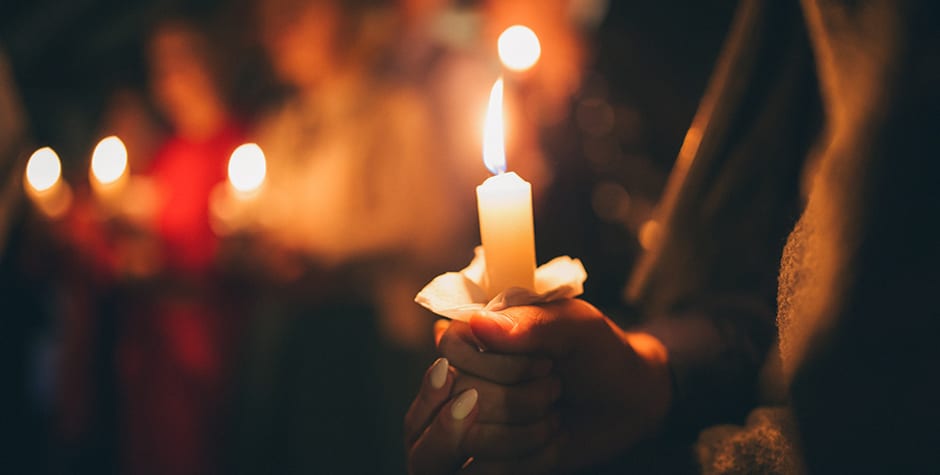ACLJ Appeals Second Ruling Striking Down Public Prayer to Eleventh Circuit
Listen tothis article
The ACLJ is gearing up for yet another appeal in Rojas v. City of Ocala to defend prayer. The ACLJ represents the City of Ocala, Florida, in a lawsuit brought by several atheists challenging a prayer vigil held in the City of Ocala in response to a crime spree that occurred within the community. At the vigil, private citizens, along with volunteer police chaplains led the community in prayer and singing “God Bless America” and other songs.
This case has a lengthy history and has taken many twists and turns. Several years ago, the district court ruled that the vigil violated the Establishment Clause; however, we successfully appealed that decision in 2021. On appeal, the Eleventh Circuit Court of Appeals unanimously agreed with us that the district court’s initial decision that the vigil violated the Establishment Clause was based on the abandoned legal framework, the Lemon test. Citing the Supreme Court’s decision in Kennedy v. Bremerton School District, the Eleventh Circuit explained that “Lemon is dead,” and in place of Lemon and the endorsement test, the Supreme Court “has instructed that the Establishment Clause must be interpreted by reference to historical practices and understandings.” The Eleventh Circuit remanded the case to the district court to apply the proper test.
Accordingly, and just last year, the parties re-briefed the legal issue for the district court. As we explained once again in our brief and in oral arguments presented earlier this year, the prayer vigil is consistent with Americans’ longtime tradition of government and private citizens calling and gathering for prayer during difficult times. It is a freedom that our Founders sought to secure, rather than prohibit, through the ratification of the First Amendment. In fact, on “[t]he day after the First Amendment was proposed, Congress urged President Washington to proclaim ‘a day of public thanksgiving and prayer, to be observed by acknowledging with grateful hearts, the many and signal favours of Almighty God.’” Time and again, the Supreme Court has upheld government involvement in and/or association with prayer, including legislative prayer, prayer in the military, prayers offered by chaplains, and calls to prayer following a crime spree or other tragic event. See Am. Legion v. Am. Humanist Ass’n, 139 S. Ct. 2067, 2088 (2019) (Gorsuch, J. concurring) (“the Establishment Clause permits a nondiscriminatory prayer at the beginning of a town council session”); Marsh v. Chambers, 463 U.S. 783, 793 (1983) (upholding legislature’s practice of opening sessions with a prayer offered by a chaplain paid with public funds). “Simply having religious content or promoting a message consistent with a religious doctrine does not run afoul of the Establishment Clause.” Van Orden v. Perry, 545 U.S. 677, 691 (2005).
Unfortunately, and even in light of these and many other examples in history, the district court still ruled in favor of the plaintiffs – once again finding that the vigil violated the Establishment Clause. In its opinion, the district court dismissed the numerous documented historical practices presented in our brief and, once again, relied heavily on cases using the now-defunct Lemon test.
We believe the district court again erred in its analysis of the facts and law. Because this case involves an issue of such great legal importance – the role of religion in American public life – seeking appellate review is necessary. The City of Ocala agrees. Accordingly, we just filed our notice of appeal.
